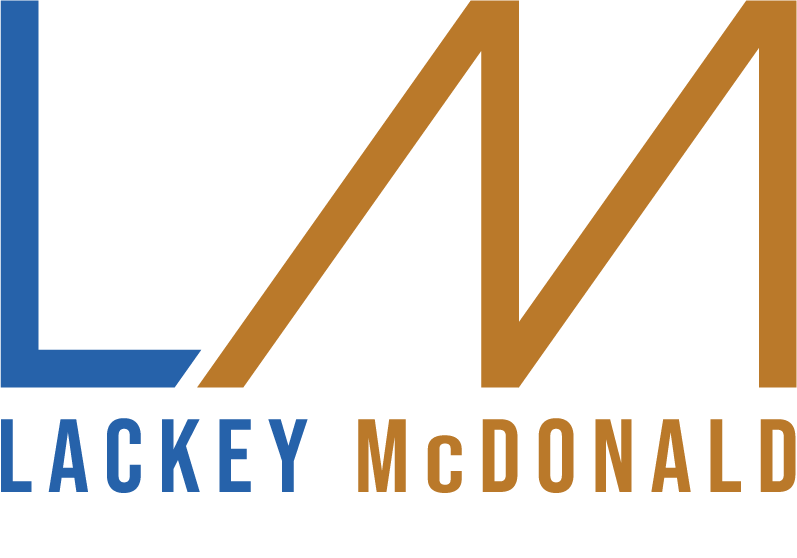Many people put off planning for their death because it’s a depressing thing to think about, especially if you leave behind loved ones. An estate plan is a vital legal tool you will need to pass your assets to your heir without your estate being tied up in court and incurring fees and additional taxes. There is a misconception that you need to be wealthy to consider an estate plan, but that’s not true. An estate plan can be as simple or involved as you need for your situation.
The Elements of an Estate Plan
A bare-bones estate plan should include a will and a durable power of attorney. Depending on your assets and family makeup, you may need additional documents, such as a trust or medical directive. The components of an estate plan depend to some degree on your assets and financial needs. Every estate plan needs a will, a legal document that explicitly outlines what should be done with your estate once you’ve passed away.
Once you’ve completed your will, additional documents can be added, such as:
Trust: A legal document charged with passing assets to one or more beneficiaries. Trusts often have conditions of transfer, like age requirements. Trusts can be revocable, which means changeable, or irrevocable, which means unchangeable.
Advance Directive: A legal document outlining the future medical care of a named individual. It’s comparable to a living will.
Power of Attorney: A legal document giving a designated individual the power to decide another person’s assets and medical care.
Beginning Your DIY Estate Plan
Now that you know what’s included in an estate plan, you can begin taking steps to create your DIY estate plan. The feasibility of your DIY estate plan depends on the size and scope of your collection of documents. You can get a better idea of what you need by reviewing these tips for getting your will started.
Choose a Format: There are quite a few DIY estate planning kits. You can order most of these online, and they also have blank forms you can print. You can use the blank forms to fill in the blanks with your information and create a general will. There are also websites where you can input all of your data and have a will generated and stored online for a fee.
Check Required Verbiage: There are specific criteria that your document must meet to make it and associated forms legally valid. To ensure your will is accepted as a legal document, it needs to include the following:
- Your full legal name
- A statement of your mental fitness
Assign Named Guardians if Needed: You need to include a guardian if you have minor children. Your child will need a legal guardian until they reach the age of 18. This person should be a trusted individual because they will control your children and any assets left to them.
Outline Your Assets: The purpose of your will and estate plan is to assign ownership of your assets to someone else in the event of your death. Your will should include a list of all of your physical property like your home, cars, and heirlooms. Your will should also address your financial property like your investments, bank accounts, and retirement plans. You need to be very specific about referencing your assets in your will. For example, if you plan to leave your car to your spouse, you will need to include the automobile’s make, model, and color along with your spouse’s full legal name.
If you think your estate plan requires more detail and documents than you feel comfortable creating, the estate planning lawyers at Lackey | McDonald, PLLC in Nashville can help you navigate the process with ease. Contact our office today at (615) 392-4916 to schedule a consultation.


